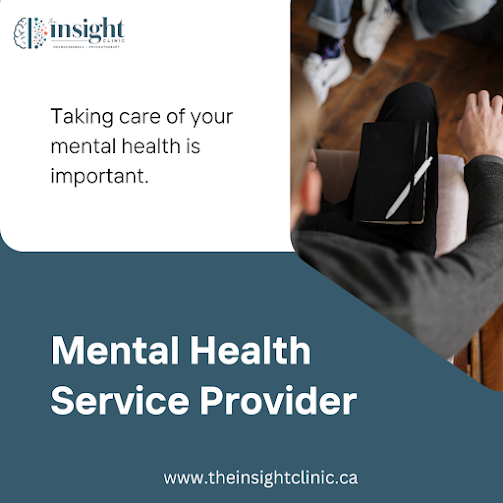How Exercise Can Reduce Anxiety
Anxiety can feel overwhelming, but incorporating regular exercise into your routine can be a powerful tool for managing and reducing its symptoms. Here's how physical activity can help alleviate anxiety and promote a sense of well-being.
1. Boosts Endorphins
When you exercise, your brain releases endorphins, often referred to as "feel-good" hormones. These natural chemicals act as painkillers and mood elevators. Endorphins help reduce stress and promote a positive mood, which can counteract feelings of anxiety.
2. Reduces Stress Hormones
Physical activity helps lower levels of stress hormones like cortisol and adrenaline. High levels of these hormones can contribute to anxiety. By reducing their concentration, exercise helps your body manage stress more effectively, leading to reduced anxiety levels.
3. Improves Sleep
Exercise promotes better sleep quality by helping you fall asleep faster and enjoy deeper sleep. Since poor sleep can exacerbate anxiety, improving your sleep patterns through regular physical activity can have a significant impact on how anxious you feel.
4. Enhances Cognitive Function
Regular exercise increases blood flow to the brain, which can improve cognitive function and focus. Better cognitive function means you can manage stressors more effectively and maintain a clearer perspective, reducing the likelihood of anxiety spiraling out of control.
5. Provides a Distraction
Engaging in physical activity can serve as a healthy distraction from anxious thoughts. Whether it's a brisk walk, a yoga session, or a challenging workout, focusing on exercise takes your mind off worries and helps you shift your attention to something positive.
6. Builds Confidence
Exercise contributes to a sense of accomplishment and boosts self-esteem. Setting and achieving fitness goals can increase your confidence and reduce feelings of helplessness, which often accompany anxiety.
7. Promotes Social Interaction
Group exercises or team sports offer opportunities for social interaction, which can be beneficial for those struggling with anxiety. Social support and connections can provide comfort, reduce feelings of isolation, and improve overall mental health.
8. Encourages Mindfulness
Certain forms of exercise, such as yoga and tai chi, incorporate mindfulness and relaxation techniques. These practices help focus your mind on the present moment and can reduce anxiety by calming the mind and promoting relaxation.
9. Establishes Routine
Incorporating exercise into your daily routine helps create structure and predictability. Having a regular workout schedule can provide a sense of stability, which is helpful for managing anxiety and creating a sense of control in your life.
10. Provides Long-term Benefits
Consistent exercise has long-term benefits for mental health. Over time, regular physical activity helps build resilience to stress and anxiety, improving overall emotional well-being and reducing the frequency and intensity of anxious episodes.
Conclusion
Incorporating exercise into your daily routine can be a highly effective strategy for reducing anxiety and enhancing your mental well-being. Whether you're seeking a way to manage daily stressors or looking to improve your overall emotional health, regular physical activity can make a significant difference.
If you’re looking for more comprehensive support for anxiety, consider reaching out to our mental health clinic. We provide specialized Anxiety Treatment Ontario at our Barrie and Whitby locations, offering personalized care to help you navigate and manage anxiety effectively.




Comments
Post a Comment